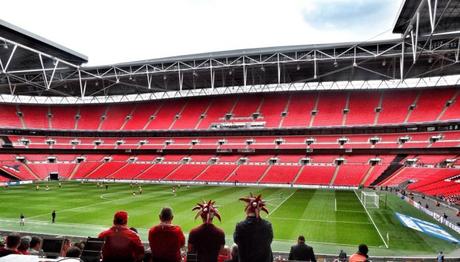In the eighth of the Football-themed Economic articles, one of the world’s greatest mysteries is unravelled – The Theory of Value.
Former Morecambe, Stockport County and Grimsby Town striker Phil Jevons may not appear to be much of a deep thinker but the Jevons family are famous for defining one of the more interesting economic theories – that of utility and satisfaction. His distance ancestor, William Jevons was a bit of a brain box, creating a piano that played itself based on logic and an early computer that could analyze the truthfulness of an argument. Forward thinking indeed for the late 19th century.
Jevon’s theory was simple. Too much football makes you bored. Remember when live football on TV was restricted to the odd Home International and the FA Cup Final. Match of the Day and The Big Match gave us a couple of highlights every weekend and that was it. And we lapped it up. Cup Final day was an eight hour footballing extravaganza that the whole family watched.

Jevons said that the more that we consume of a product, the smaller the increase in satisfaction we receive from it. With that statement he created the law of diminishing marginal utility. Whilst we all want our team to be winning week after week, we would actually gain less and less enjoyment from each win. Interestingly enough, according to Jevons, demand for the product should actually decrease and that will in turn reduce the price. Think of going out after the game and having a few beers. At some point they stop being enjoyable and actually start doing you harm as the hangover kicks in.
In footballing terms we can see both sides of the coin. Teams who win week after week are actually more in demand. Crowds go up, fan satisfaction increases and in the true economic sense, a club could actually charge more for the product and the fans would continue to a point where the price for “satisfaction” becomes unsustainable. But if we start to lose, then we get less and less enjoyment out of each game and eventually even the most ardent fan gives up. The moral here according to Jevons, spurned another famous saying – “You win some, you lose some” – that’s what keeps us football fans interested.
And that, ladies and gentlemen, is The Theory of Value in a nutshell.

